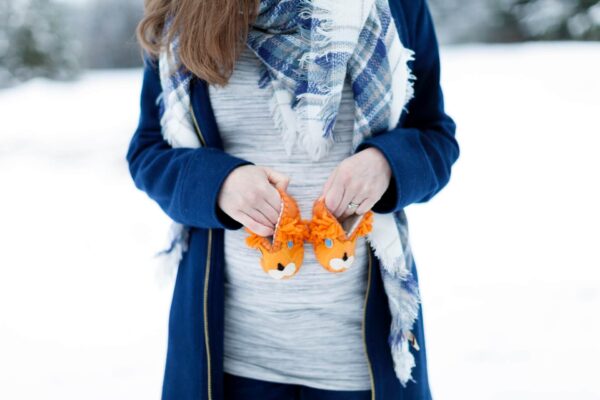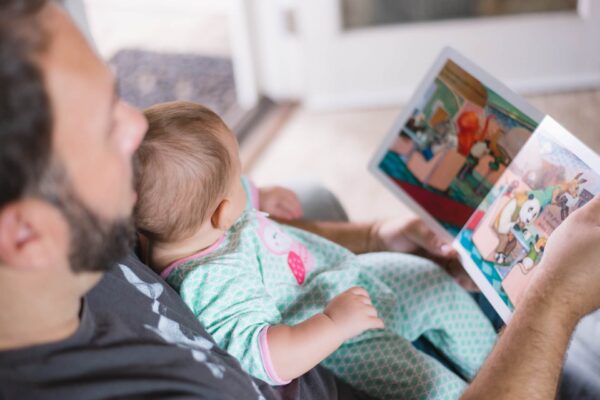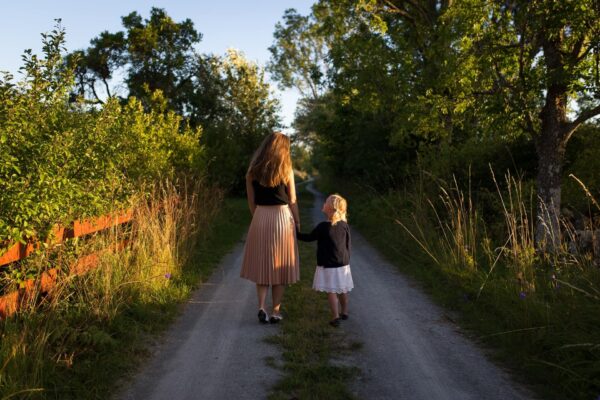Do you like the rugged series “Vikings” or have you been a fan of “Vicke Viking” since you were a child? No matter what fascinates you about the Vikings, one thing is clear: Viking names are still associated with power, strength, courage and bravery today. They also sound a little mystical and traditionally Nordic at the same time. If you are looking for a special name for your baby, you can find suitable name ideas here, as well as the meaning behind them.
Tales and stories of the Vikings have been a source of fascination for everyone: the strong men and women from the north and their deities are the protagonists of numerous books, films and series for good reason. Also more recent formats for adults, such as “Vikings”, “Norsemen” or “Ragnarök”, are a little tougher, have brought forth numerous fans.
Norse mythology, which has increasingly disappeared since the Christianisation of the North in the early Middle Ages, is so alien to us in everyday life that it fascinates us all the more in our leisure time. However, a corresponding Viking name brings the strength and legends into present-day reality. Find inspiration for your baby in our name lists.
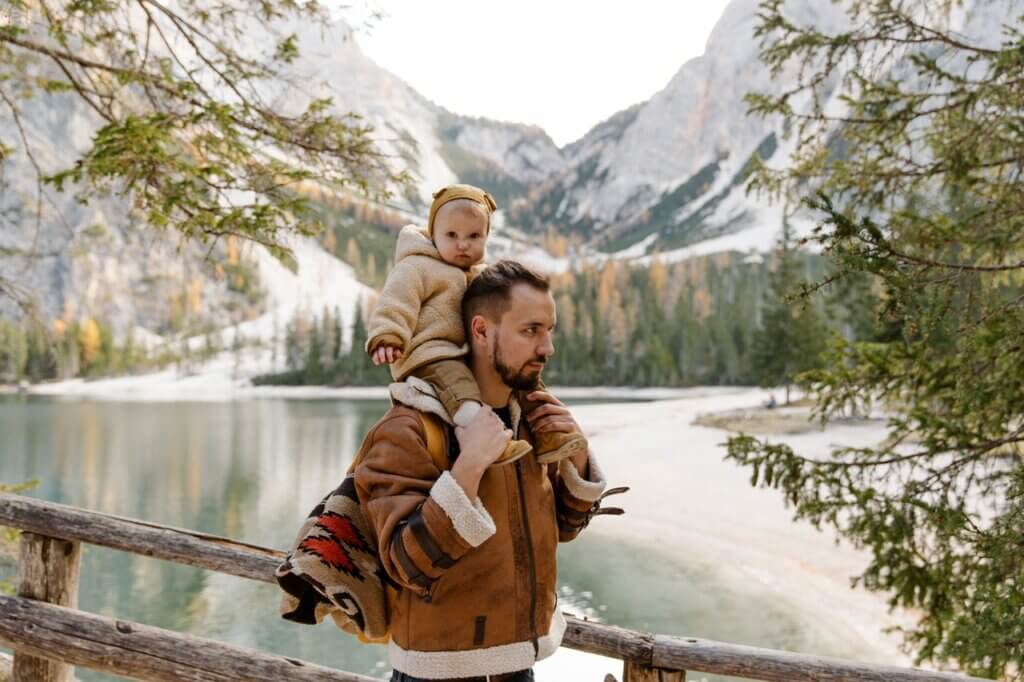
Viking names for boys and their meaning
Admittedly: Some of the names may sound strange or seem a little outdated, but they are typically (old) Nordic and there is a deeper meaning behind many of them. For example, some of the names come from Norse gods or a famous Viking king.
| Björn: | “the brown one”, “the bear” / Famous Vikings: the Dane Bjǫrn Ragnarsson |
| Egil: | Famous Vikings: The Icelander Egill Skallagrímsson |
| Einar: | From the Old Norse: “the lone warrior” |
| Erik: | “the lone ruler” / Famous Vikings: Erik the Red, Erik Bloodaxe (son of the Norwegian king Harald Fairhair) |
| Erlend / Erlendur: | “foreigner, “free man” |
| Freyr / Frey: | Norse god of weather and fertility, brother of Freyja |
| Gunnar: | “The fighter”, “the warrior”/ Famous Vikings: Gunnar of Hlíðarendi |
| Guthrum: | Famous Vikings: Guthrum the Elder |
| Haakon / Hákon: | “Great/High Son” / Famous Vikings: Hakon the Good |
| Halfdan: | “Half Nordsman” / Famous Vikings: Halfdan the Black, Halfdan Ragnarsson (son of the Viking leader Ragnar Lodbrok) |
| Halvar: | “The rock guardian” / Known from “Vicke Viking” |
| Harald: | Famous Vikings: Harald Bluetooth, Harald Fairhair (Harald I), Harald the Hard (Harald III) |
| Helgi: | “The holy one, “the inconsistent one”, Icelandic form of Helge |
| Ingvar: | “Warlike god” / Famous Vikings: Ingvar the Widely Travelled |
| Ivar: | “The warrior”, short form of Ingvar / Famous Vikings: Ivar Ragnarsson or Ivar the Boneless |
| Jarl: | “Fine, noble man”, “fighter”, Norse princely title |
| Leif: | “The descendant”, “the heir” / Famous Vikings: Leif Eriksson |
| Loki: | “The airy one”, Norse god and son of giants |
| Odin: | “The Inspired”, “the Furious”, the Norse father of the gods and the god of war |
| Olaf / Olav: | “The Ancestor”, “Ancestor of the Gods” / Famous Vikings: Olav I Tryggvason, Olav II Haraldsson or Olaf the Saint |
| Ragnar: | “counsellor of the army”, Scandinavian form of Rainer / Famous Vikings: Ragnar Lodbrok |
| Rörik / Rorik: | “Red King” / Famous Vikings: Rörik of Dorestad |
| Sigurd: | “victor”, “protector” / Famous Vikings: Sigurd Håkonsson or Sigurd Ladejarl |
| Snorre / Snorri: | “The swift one”, known from “Vicke Viking” and by the Icelandic historian Snorri Sturluson |
| Sven: | “youth”, “young warrior” / Famous Vikings: Sweyn Forkbeard |
| Thor / Thore: | “the thunder”, son of Odin and Norse god of strength, thunder and war |
| Thorstein / Torstein: | The stone of the god of thunder Thor, Scandinavian form of Thorsten |
| Tjure: | “The Bull”, known from “Vicke Viking” |
| Wodan: | “The inspired one”, South Germanic name for “Odin” |
| Ymir: | “Twin”, primordial giant from Norse mythology |
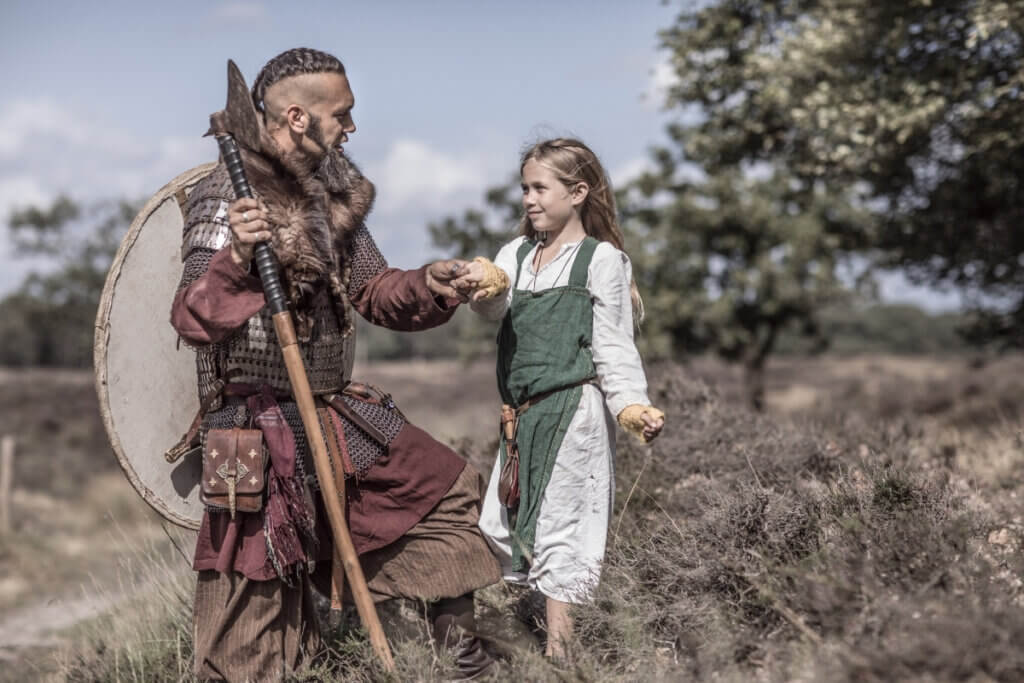
Viking names for girls and their meaning
As much less is known about the women of the Vikings, Viking names for girls are not directly based on famous Viking women. They mostly come from the goddesses from Norse mythology or from the Old Norse language. The meaning of the first names is derived from the translation of the Old Norse language into German.
| Elva: | “The elf”, variant of Alva |
| Freyja / Freya: | “The woman”, “the mistress”, the Norse goddess of love |
| Freydis: | “The loving goddess” / Famous Viking woman: Freydís Eiríksdóttir (daughter of Erik the Red) |
| Gudrun: | “The mysterious fighter” |
| Helga: | “The saint”, female form of Helge |
| Hulda: | “secrecy”, name of a sorceress or witch |
| Idun / Iduna: | “The renewer”, “the rejuvenator”, goddess of youth and immortality |
| Ingrid: | “the beautiful one” |
| Nanna: | “The mother”, the “daring one”, Nordic mother goddess |
| Runa: | “The rune”, “secret wisdom”, “magic” |
| Saga: | “The seer”, “the seeress”, Norse goddess of sagas, myths and fairy tales |
| Solveig: | “the path of the sun”, “the lady of the house” |
| Ylva: | “the she-wolf” |
| Yrsa: | “Little Bear” |
Who were the Vikings?
Behind the fame and the numerous myths lies a people of the early Middle Ages. The Vikings are the ancestors of the Danes, Swedes, Norwegians, Icelanders and Faroe Islanders. Then as now, they made a name for themselves by going on raids as pirates and plundering other countries quite unscrupulously. Apart from that, they practised simple agriculture as farmers and fishermen, but never conquered territories.
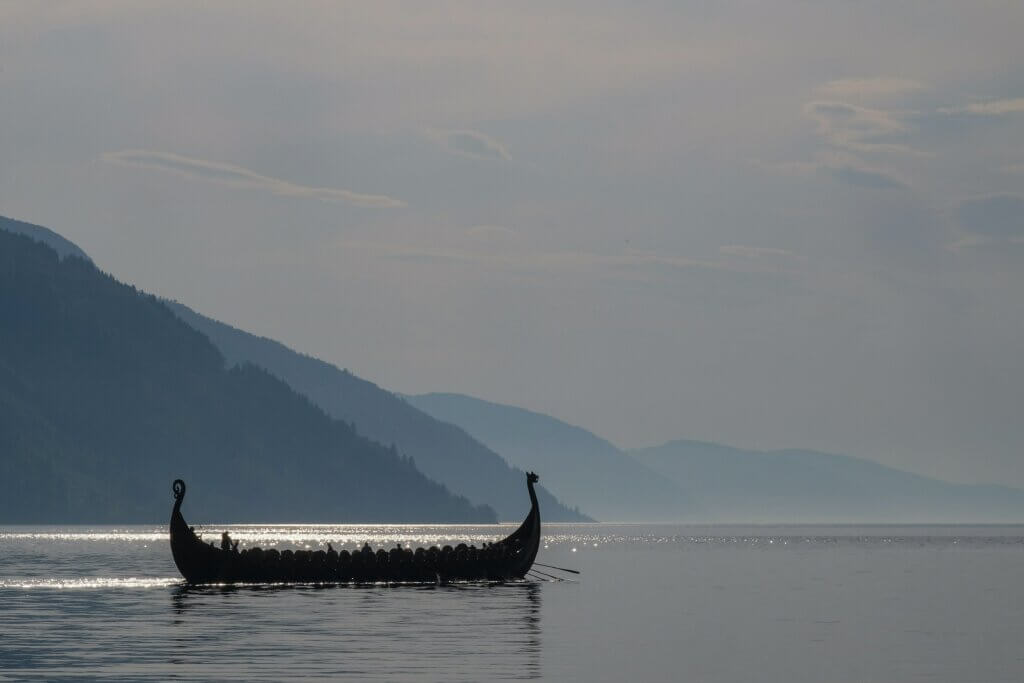
The Old Norse language and spelling
The Viking language was relatively similar throughout Scandinavia. It is Old Norse, which is closely related to modern Icelandic. If you would like to give your baby a traditional Old Norse name, you should bear in mind that individual letters do not appear in our alphabet. To adapt the spelling of the name, you can simply turn an Ø into an O or an Á into an A, etc.


